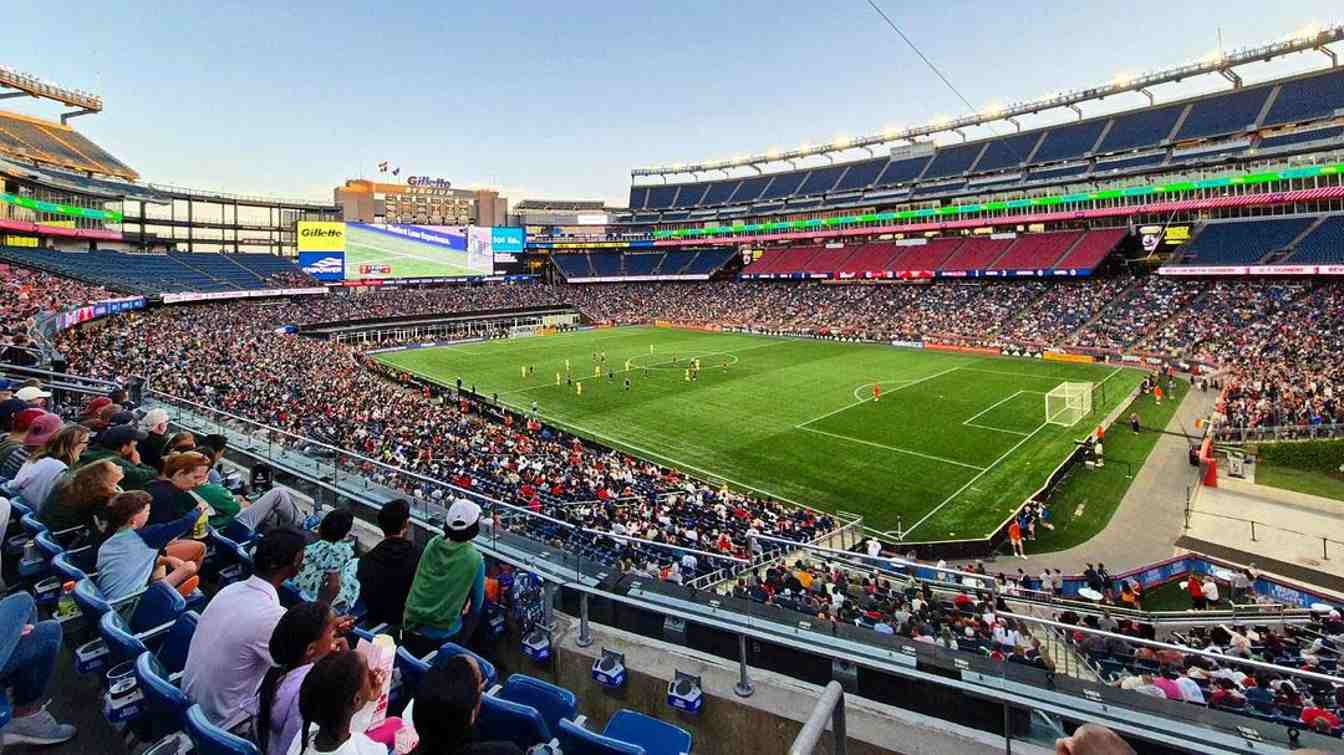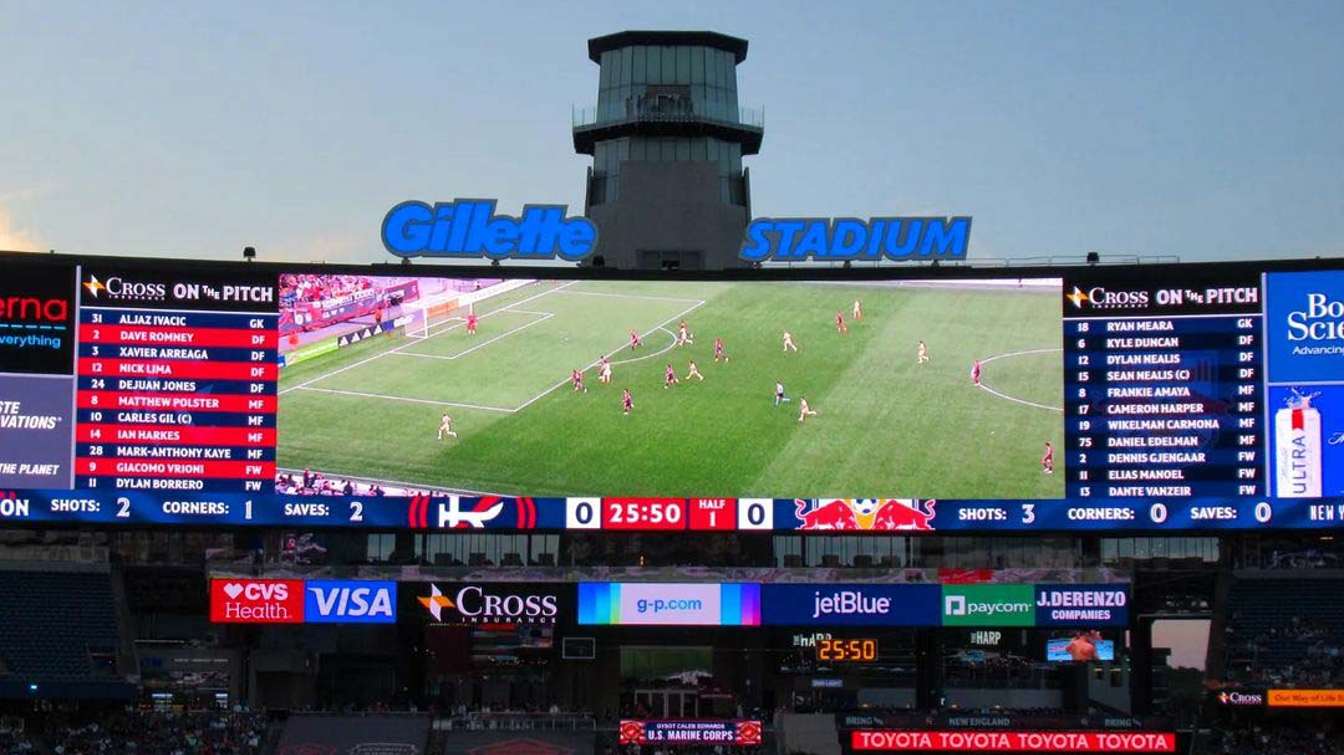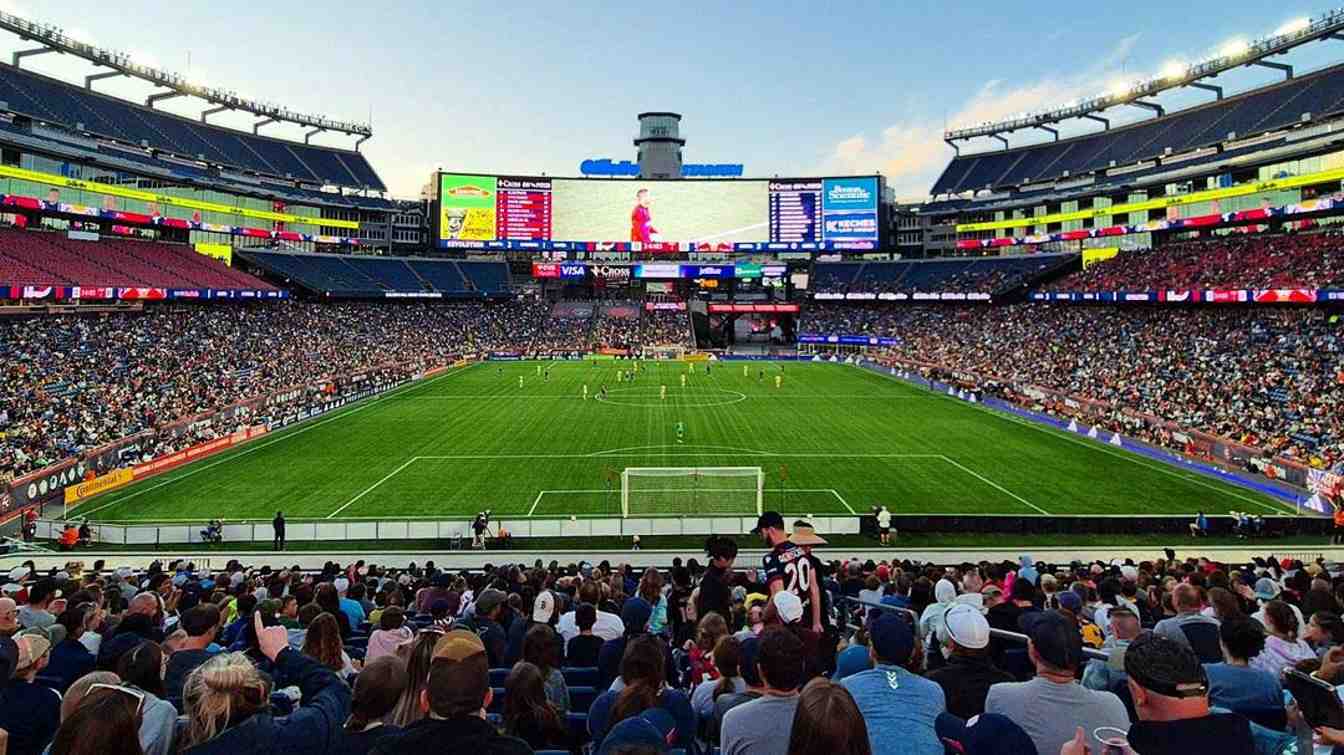USA: $500 million stadium to be built in Massachusetts?
source: StadiumDB.com; author: Paulina Skóra
 On July 11, the Massachusetts State Senate voted to pass a comprehensive economic development bill worth $2.86 billion, which — among many other provisions — includes measures that pave the way for the construction of a Revolution stadium on the Everett waterfront.
On July 11, the Massachusetts State Senate voted to pass a comprehensive economic development bill worth $2.86 billion, which — among many other provisions — includes measures that pave the way for the construction of a Revolution stadium on the Everett waterfront.
Advertisement
First step taken
The bill was debated for most of the day, as senators considered over 500 amendments before finally voting to pass it. The vote ended with a result of 40:0. However, the Senate's approval of the bill does not mark the end of the legislative process nor guarantee that the new Revolution stadium will be built at the proposed site on 173 Alford Street, where a closed power plant currently stands along the Mystic River.
The bill does not authorize the Revolution to build the stadium but removes a zoning designation known as the Designated Port Area
(DPA), which currently prevents any non-industrial use of the 43-acre parcel the team is interested in. The DPA specifically protects land and water areas with certain physical and operational characteristics reserved by the Commonwealth for maritime industrial use.
The removal of the designation is conditional: if the team does not build the stadium within a reasonable time
after the bill's enactment, the provision will be voided, and the area will be reclassified as a DPA. The reasonable time
will be determined by the Secretary of Energy and Environmental Affairs, but not sooner than 5 years after the bill's effective date.
 © mosi - always on tour | Stadium where the New England Revolution currently play
© mosi - always on tour | Stadium where the New England Revolution currently play
What's next?
The Senate's passage of the bill is not the end of the process, as the original version of the bill passed by the House of Representatives in June did not include the stadium provisions. Due to the changes introduced by the Senate, both versions must now be reconciled in a conference committee consisting of three members from the House and Senate. An attempt will be made to reach a compromise version of the bill by July 31, before the end of the Formal Session.
Once approved by the conference committee, the compromise bill will go to final votes in both chambers. If passed, it will be sent to Governor Maura Healey for signing. The governor has 10 days to review the bill before signing or vetoing it. She may also veto specific budget items and propose her own changes as amendments for reconsideration by the legislature.
This move only brings the Revolution to the starting line,
said team president Brian Billelo, quoted by Boston.com.
 © mosi - always on tour | Stadium where the New England Revolution currently play
© mosi - always on tour | Stadium where the New England Revolution currently play
Challenging fight for a new stadium
In addition to obtaining local approval, the Revolution would still need to reach an agreement to build on land owned by Wynn Resorts. Because it is the site of a former power plant, decontamination of the land could cost up to $100 million.
The total cost of building the stadium has been estimated at $500 million, and Revolution owner Robert Kraft has indicated he will finance the project without public money. The preliminary design envisions a stadium with 25,000 seats, but many issues still need to be resolved, particularly concerning parking and public transportation.
Revolution, based at Gillette Stadium, has been trying for decades to build a stadium near Boston. Similar investment proposals regarding DPA lands have been made previously. Attempts in 2022 and 2023 received approval from both the House and Senate, but in different years. In both cases, the chambers did not agree to include the stadium provision in the final version of each bill.
 © mosi - always on tour | Stadium where the New England Revolution currently play
© mosi - always on tour | Stadium where the New England Revolution currently play
Advertisement
 StadiumDB
StadiumDB